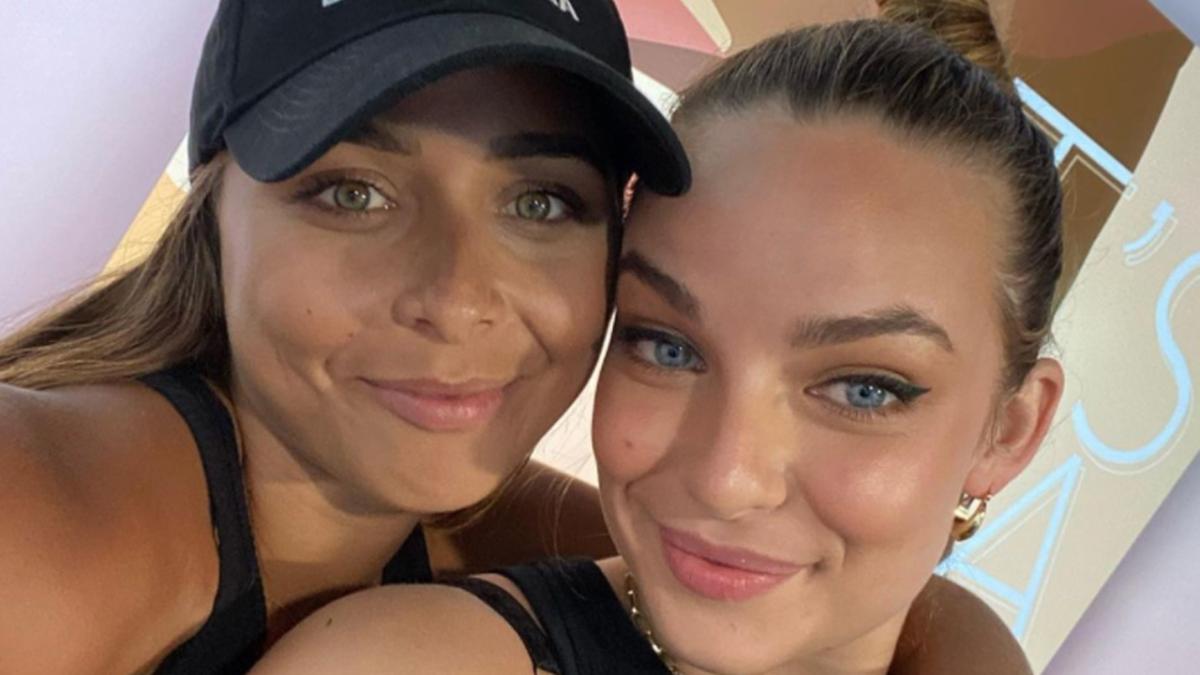
The biggest story in Australian pop culture this month, perhaps even this year, has been the moment when proud Noongar-Yamatji woman and Australia’s latest Bachelorette Brooke Blurton said her experience was tainted by what she saw was “a clear display of narcissism” and “another white woman displaying what white privilege looks like”.
It was later revealed that this statement was in fact about her friend Abbie Chatfield publicly posting about her blossoming romance with eliminated contestant Konrad Bien-Stephen, through a “hard launch” style post on her Instagram the day before the season finale. While Abbie publicly apologised for her actions, it’s now become a perfect case study to stress the importance of calling out white privilege, and white feminism, when it happens.
Before we get into it, I must note that I’m speaking into this as a white woman living on unceded Wurundjeri land. But that’s why this is important, because I think white people have a responsibility to talk about our privilege and racism — and call it out with our mates — when we see it happen, or when someone else points it out. It’s an uncomfortable thing to chat about, but it’s only when we have these uncomfortable conversations that we ever really learn.
And if Aboriginal voices are consistently being ignored, then it’s on us as white people to use our platforms to talk about it.
We need an inquiry into white feminism
— Amy McQuire (@amymcquire) December 5, 2021
With the firestorm around Brooke and Abbie, it’s done nothing but confirm to me that there is always more work to be done and more conversations to be had to help dismantle this specific brand of deeply patriarchy-serving, performative faux-woke feminism.
If we dissect the situation between the two women (and their respective fanbases) there’s much for us to learn from. Though we’re all human, and humans notoriously fuck up, our character as decent people is judged on what we do with the lesson we’ve taken from those mistakes, and the mistakes of others.
Firstly, if Brooke — as a First Nations woman — says that something smacks of white privilege or white feminism, we as non-Aboriginal people cannot challenge that. No way. It’s 100% not our place to get in the comments and determine what is and isn’t oppressive to a person of an already-oppressed group. There’s no argument there, so don’t even bother.
I’ve also noticed a lot of white women are accepting Abbie’s apology on Brooke’s behalf in the comments section, which deserves a bit of discussion, too. The apology was for Brooke and other First Nations people who were also hurt by her actions, not Abbie’s supporters. Should Abbie have posted that public apology? Absolutely. But is it on us as white people to accept and forgive? Not at all.

Abbie posting her public apology was an important move in the grand scheme of things — it meant she took direct accountability for her actions, and the actions of her fanbase. Maybe in the future, apologies of this importance should have the comments section switched off. Maybe there needs to be another conversation about not cultivating spaces where white people can pat each other on the back for doing the bare minimum, and instead providing apology solely for the person or people it’s directed at.
And while we’re here talking about all the things this unfortunate saga has taught us, people — and definitely white people — in positions of power and influence, who have this huge following and audience that listens to them, need to take responsibility to ensure further micro-aggressions don’t exist on their public platforms. Not just taking responsibility for our own fuck ups, but also holding our communities accountable, too.
There’s definitely more than can be done; even if it’s simply disabling the ability for people to put their two cents’ worth in where it’s not needed, or actively engaging with commentary to hold our circles accountable. This responsibility is not Abbie’s alone, it’s everyone’s responsibility to hold themselves and their mates to account for actions and words, both online and in our day to day lives.
If there’s one final, important thing that we can all learn from this real-time instance of self-accountability and recognition of inherent privilege, it’s that we should always, always, be actively listening to the people who are directly impacted by racism, no matter how slight. Their voice is the only one that matters in these situations, above everyone else — especially our own.



